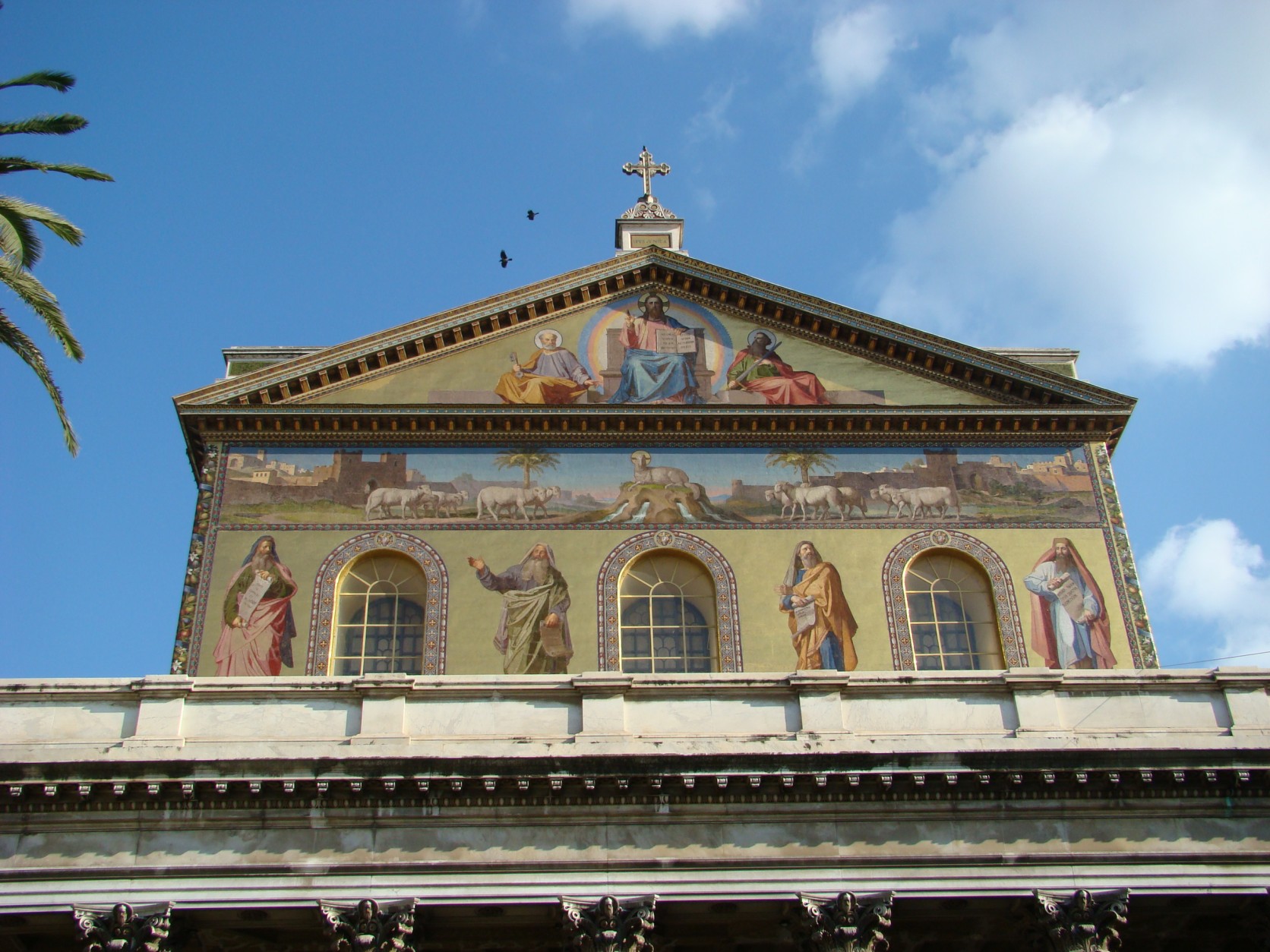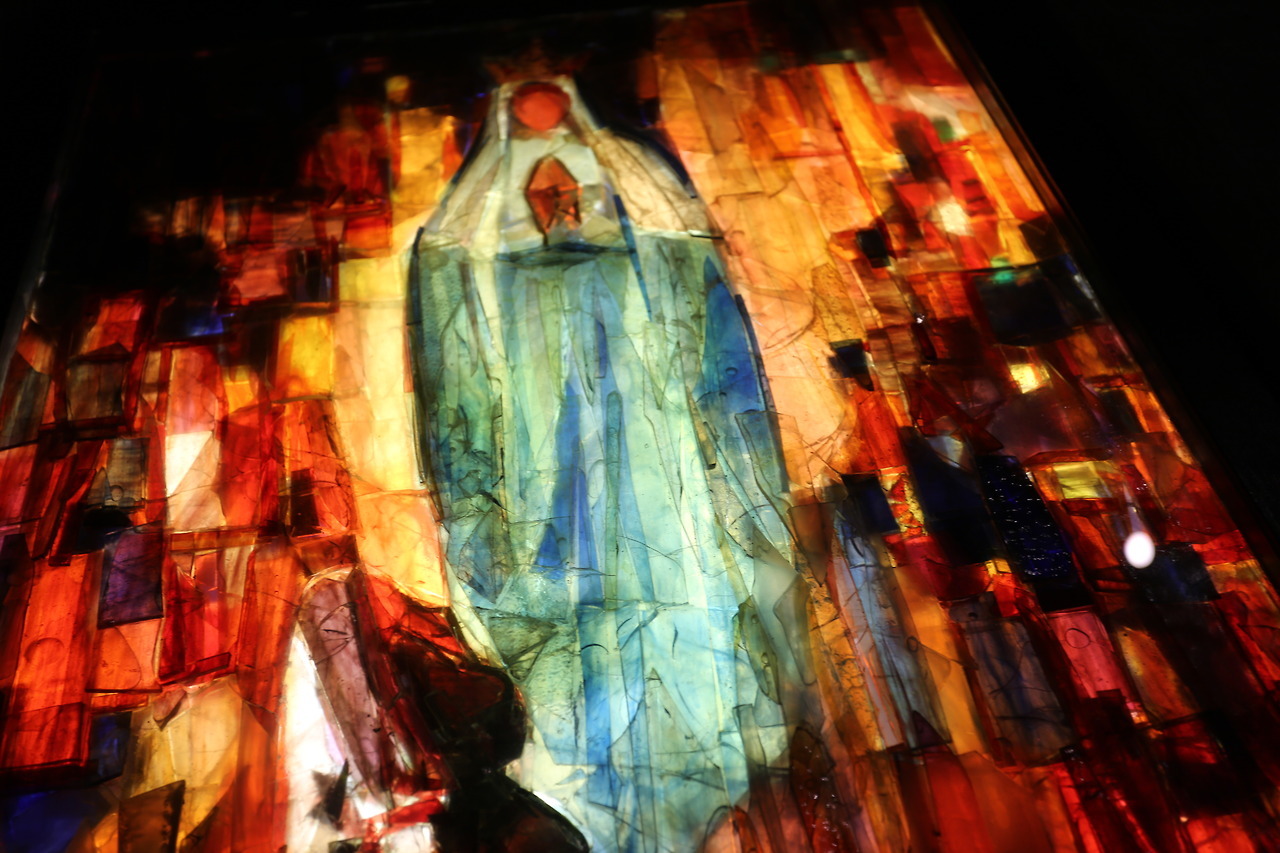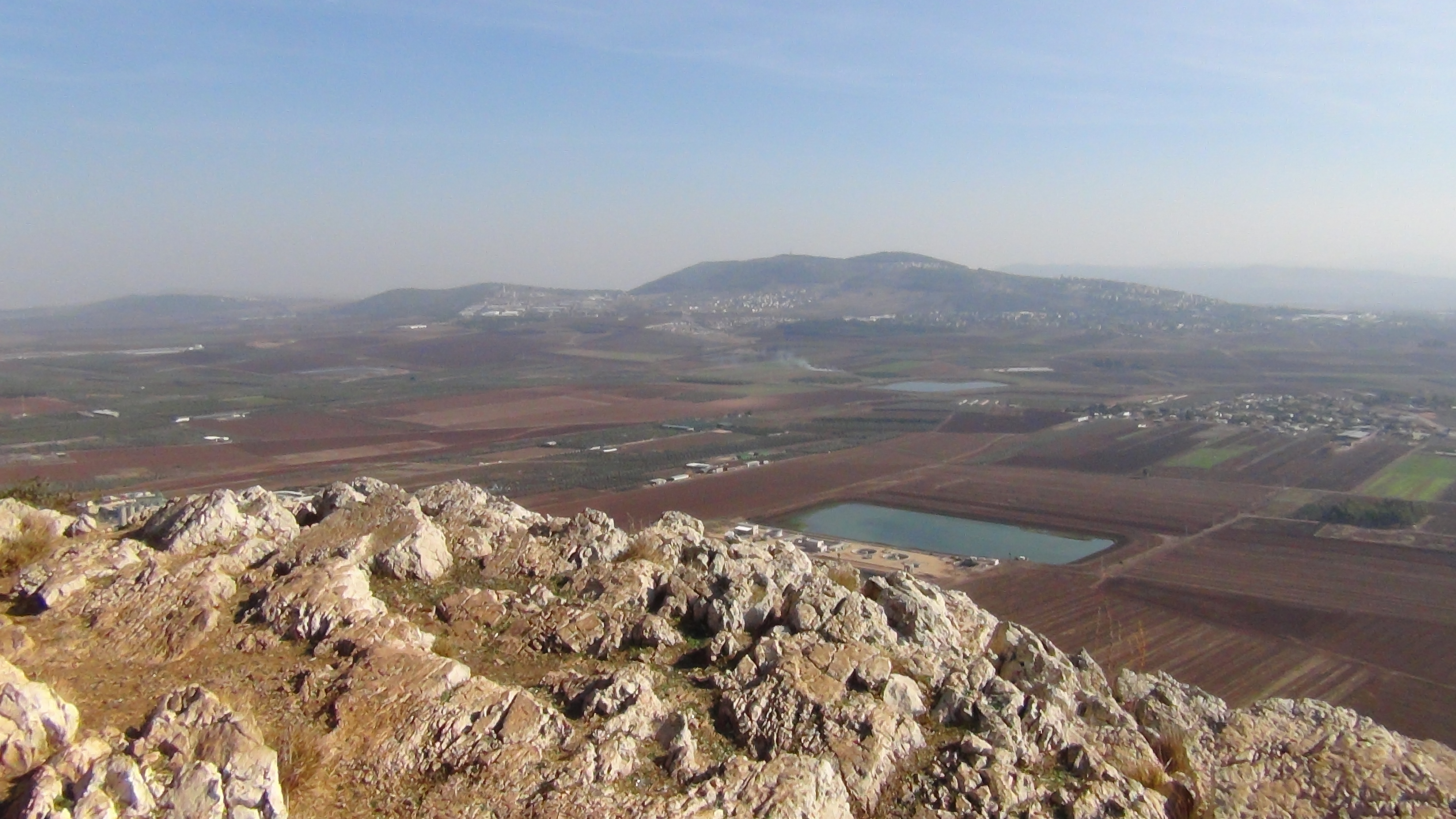Jer. 31: 7-9; Ps. 126:1-6; Heb. 5:1-6; Mk. 10:46-52
“Every high priest is taken from among men…but only when called by God”. Jesus did not glorify himself but is called “my son: this day I have begotten you” to be our great high priest “forever”. Even the blind man recognizes Jesus as “son of David” coming from the priestly lineage. The priestly call did not end with Jesus as many Christian denominations have given over to only pastors of the flock. Today the Church recognizes a shortage of priests and many are calling for change in who is called to the priesthood including for women and married men. The Church however is governed by Jesus our high priest who has established his law of governance.
As the Synod on Synodality progresses in Rome the one thing that does not change is that all calling is from God and not a people’s call. The Church is an institution established by God for God’s purpose and some things are not negotiable. Even as the Synod dialogues about the process of Synodality there continues to be circles that raise the topics of female priesthood, women deaconesses, and married priests. Were there married priests in the early church? Yes. Where their female deaconesses in the early church? Yes, but they were not ordained clergy. Were there female priests in the early church? Never. What the Lord declares is not for humanity to change.
All Christians by baptism are called by God to live as priest, prophet and king through our sacramental vows. In this way we carry our unique calling by God to share in the Lord’s priesthood in our domestic church that is the family. Humanity was created male and female to be the institution of family in which we live out our calling to love of God and neighbor. If the institution of the family fails then the pews will become empty and we won’t have a need for more priests.
The shortage of priesthood is not a lack of God’s call to men. It is a lack of formation of faith that begins in the home. If we don’t talk about God at home, we deny he exists by our silence. If we don’t pray to God at home, we set him aside to live our lives as we choose. If we are not growing in our own formation as adults and parents then we have little more to share about our faith to motivate our children in their faith. The answer to the shortage of priests is not women priests or married priests but building up the domestic church at home, that is the active participation of the family in what we believe.
The Synod on Synodality is more about the process of governance than hot topic issues. It looks to the leadership of the laity and women in the church. Hot topic issues have been set aside for continued “study” according to Catholic news reports coming out of the Synod. If we look to leadership in the Church then rather than looking simply at who is called to clerical life, we can look to the call to be saints. The Church has women, men and even children who have risen to sainthood. There are great women as Doctors of the Church. The great saints did not seek clericalism but holiness and they remain a great witness for us to learn from and follow.
While the priest is “made their representative before God” he is also “beset by weakness” in need of forgiveness called to serve the will of God as we all are in our own state of life. It is the Lord who does “great things for us” when we turn to him and accept our personal call to serve him in all states of life. Our joy is complete in him and he comes to each of us when we call out to him “Master, I want to see” you and follow your will. Let us come to him as we are and allow him to work in us and be our God.









Recent Comments